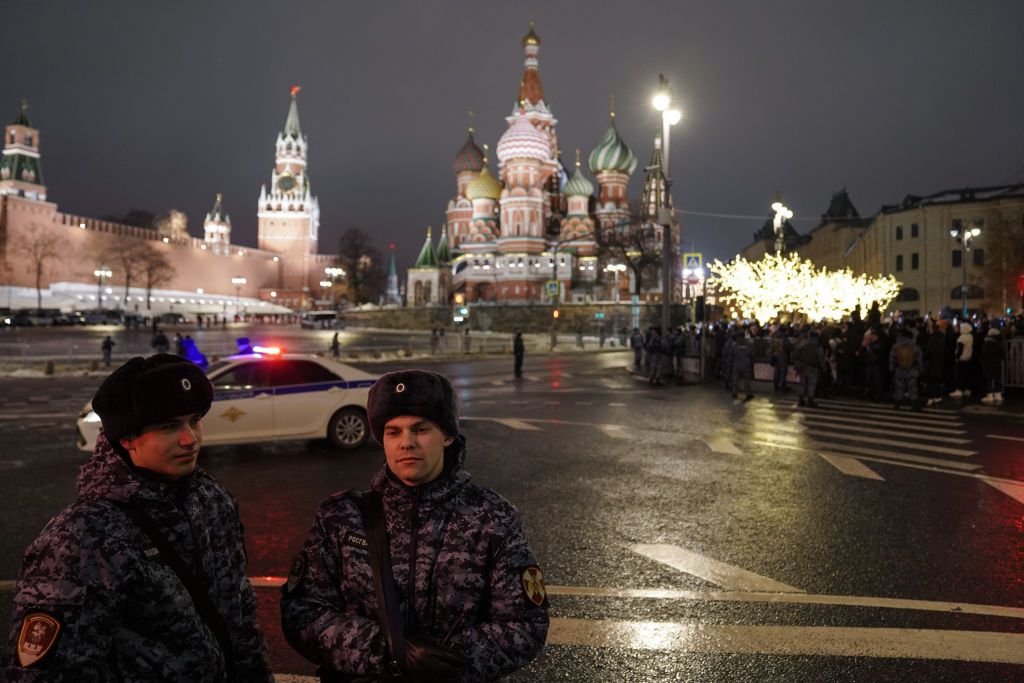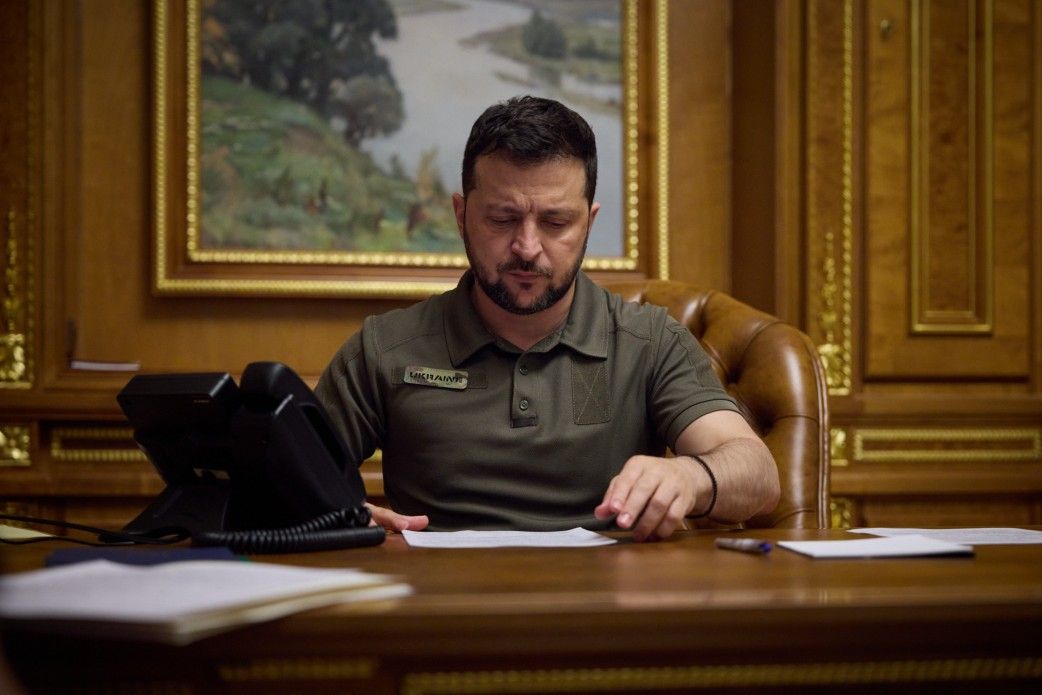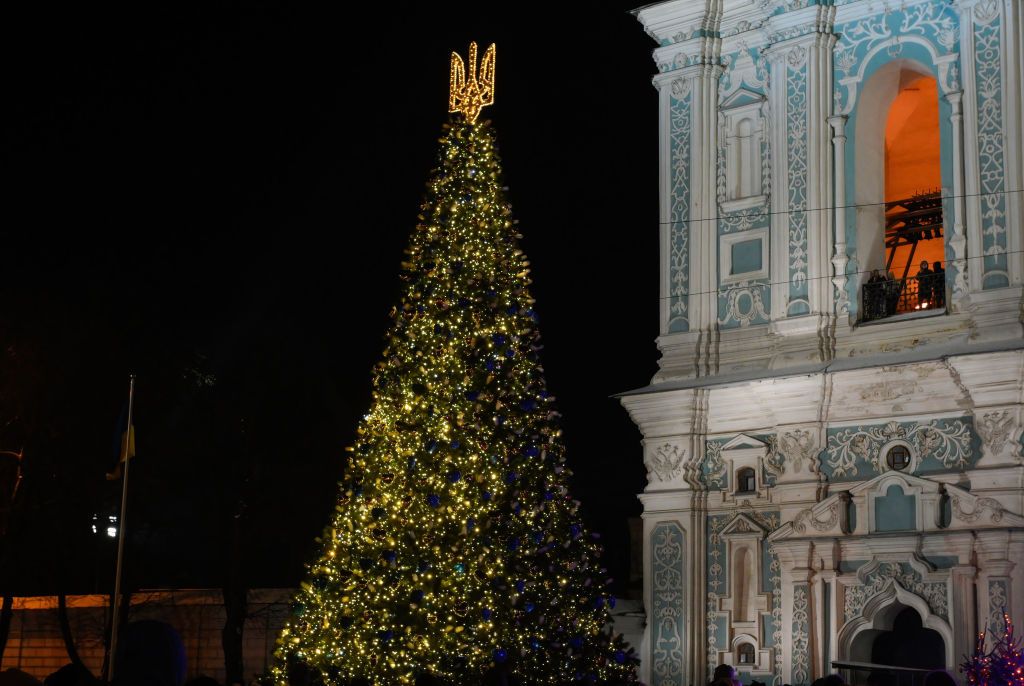Food, booze, and the army: What Ukrainians will spend their money on this holiday

The festive season is in full swing for Ukrainians, and this year, they’re planning on spending their money, without forgetting about donating to a war effort that’s far from over.
A survey by Deloitte published on Dec. 7 analyzed what over 1,000 Ukrainians, both abroad and in Ukraine, plan on buying this holiday season. Despite the difficulties of the war, 59% of Ukrainians still plan to shop for Christmas and New Year’s, a slight decline from 61% last year.
“This year's research showed that, despite everything, Ukrainians hold fast — they continue shopping, donating to the Armed Forces, arranging their lives, and planning is returning to their lives,” said Leader of Retail, Wholesale, and Distribution Group at Deloitte Ukraine Oleksandr Yampolskyi.
“If last year we observed that buyers were in a confused state and could not predict their shopping, now they already know a month in advance what they will order online, when they will start buying offline, and what their budget is for shopping and charity.”
The results show that more citizens are budgeting this year, likely due to the fact that Ukraine is preparing for a protracted war. Out of the respondents who said they will or are considering shopping, 47% said they will not spend more than a quarter of their monthly salary, a 7% increase from last year.
The majority of respondents have allocated between 1,000-5,000 Hr ($27-$134) for their Christmas and New Year’s shopping. More people in southern regions are willing to spend over 10,000 Hr ($269) than any other region, while last year refugees abroad were the most likely to spend this much.
In terms of products, 84% said they will spend money on food, an increase of 3% compared to 2022 and largely represented by those over 58 years old, followed by alcoholic beverages with 40%, which also rose from 32% last year. Clothes and shoes are less popular this year, dropping from 42% to 32%.
Toys for children were chiefly represented by 28-42-year-olds, most likely to be new parents. While 18-27-year-olds were the largest demographic to purchase household items, cosmetics, and books.
“It was an interesting and inspiring observation for us that the young generation of Ukrainians (18-27 years old), despite the war and all the unpredictability it causes, is the most willing to spend money on arranging their lives among other age groups, buying furniture, tableware, decor, etc.," Yampolskyi said.
But even during Christmas and New Year’s celebrations, the war effort is never far from the minds of Ukrainians, even more so than last year following the disappointing counteroffensive. Sixty-eight percent of respondents are planning to donate part of their holiday budget to charity, up from 61% in 2022, with 55% saying they will donate almost half of their budget.
Of those planning to donate to charity, 86% said they will give money to soldiers on the front line, 15% will contribute money for medical supplies, 14% want to help injured animals, and 10% will give money to help civilians impacted by the war.
Disdain for companies that have failed to leave the Russian market is also high. Sixty-three percent said they would only purchase goods from companies that have left Russia although 22% said they did not know how to check this.
While online retail has sought popularity across the world for holiday shopping, in Ukraine the vast majority, or 72%, will opt for supermarkets and grocery stores. This is a marked increase on last year’s result of 60%.
Online shopping is only favored by 40%, a drop from 48% in 2022, mostly reflected in young people. Department stores are also less popular, falling from 55% to 51% this year.
Christmas is typically the big holiday for Central and Western Europe, but New Year’s takes priority in Ukraine. Forty-nine percent said they will spend more on New Year’s celebrations than Christmas while only 16% will prioritize Christmas. Thirty-five percent will spend the same for both days.
A large portion of Ukrainians (45%) are also moving to celebrate Christmas on Dec. 25, rather than the traditional Orthodox celebration on Jan. 7. Thirty-two percent will observe both days, while only 17% will stick to Jan. 7.
“We believe that the period of holidays and unity of our people, rejection of old habits will mark a new stage in the life of Ukrainians," Yampolskyi concluded.














